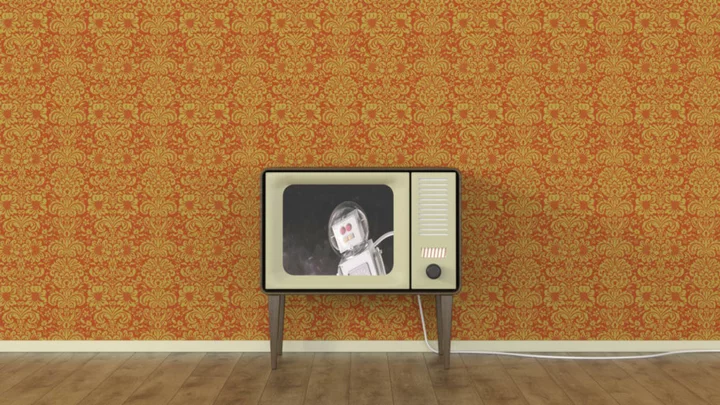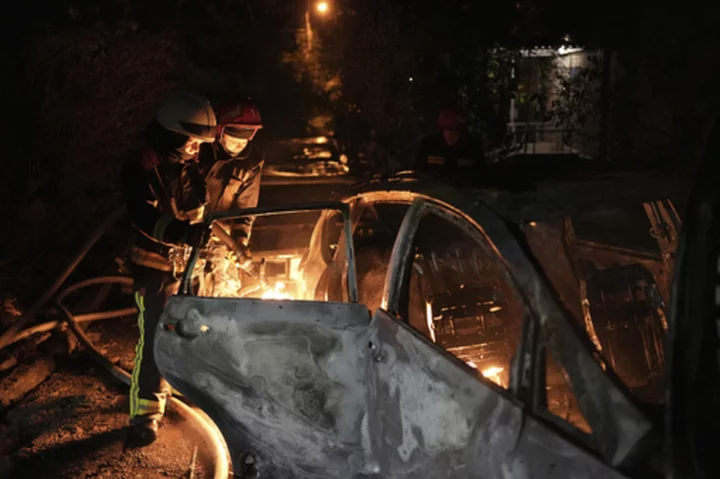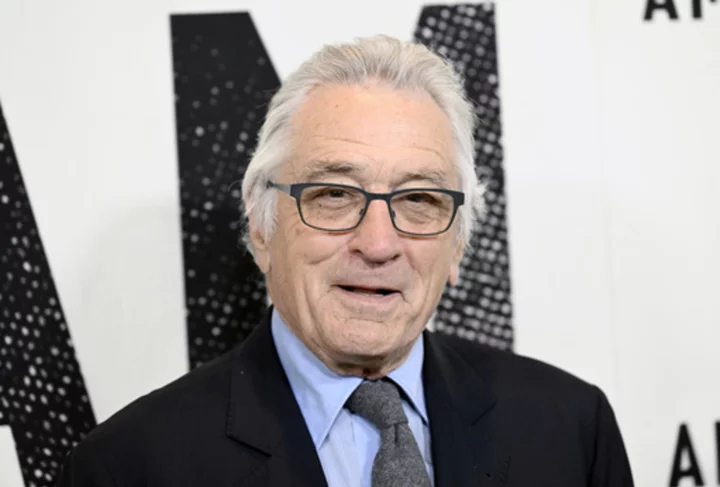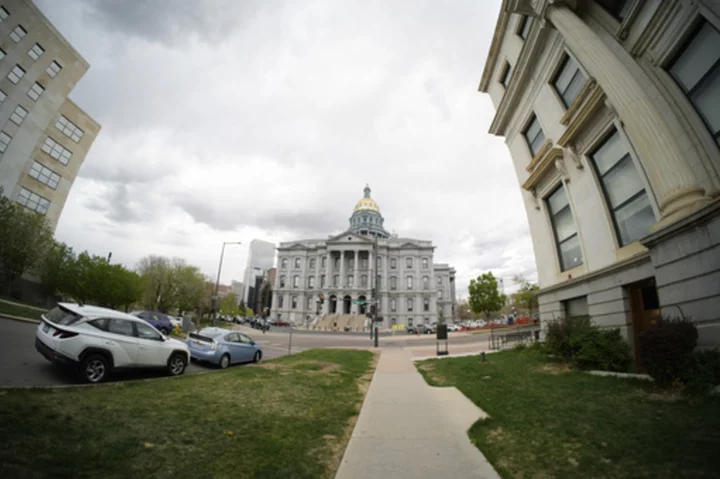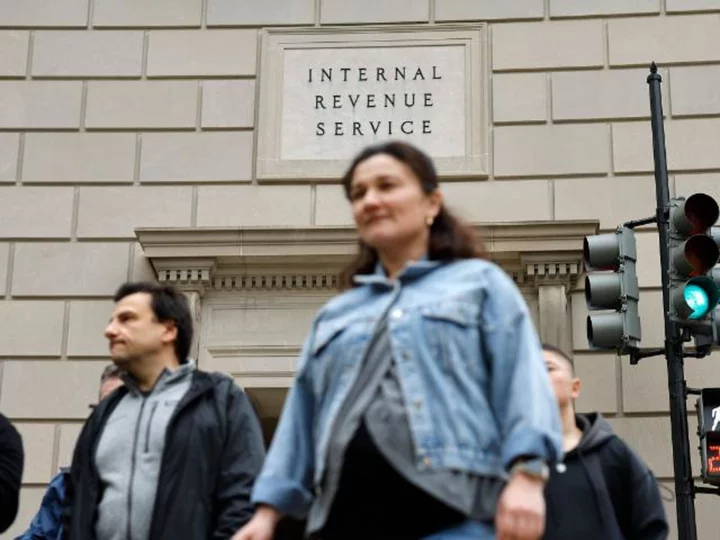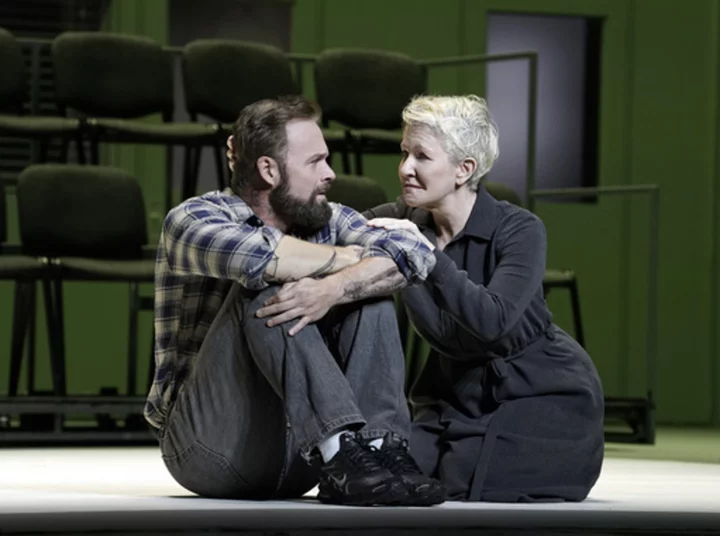Pilot episodes are a longstanding tradition in television. They’re usually the first episode of a series, introducing you to its world and characters. In fact, cable networks have often used the word pilot as the title of a TV show’s first episode. This tradition has led to “Pilot“ being the most common TV show episode title by far; just check out the first episodes of Breaking Bad (2008), American Horror Story (2011), and New Girl (2011). But a show’s first episode isn’t always its pilot. Not all pilots even get aired, and some shows abandon or remake their pilot episodes. So before diving into the term itself, we have to ask: What even is a pilot, really, and what is it used for?
What is a pilot, and why is it so important in the TV industry?
Pilots are a single episode of a potential new TV series, and are essentially what decides whether a show makes it to your television screen. Each year, most big television networks receive a massive number of pitches for new shows between January and May, which has historically been considered “pilot season” (though it seems like this timeline may shift due to the year-round pitching at streaming companies like Netflix). The networks then decide which pitches they would like to develop a pilot, or sample episode(s), from. For creators pitching new shows, the pressure is on to make these pilot episodes good. They have to prove that their concept will come to life on the screen because producers will use that single episode to decide if they want to fund the rest of the show.
Pilots are carefully scrutinized by network producers. With costs-per-episode averaging millions of dollars (especially at Netflix) and only going up, it’s more important than ever that producers have a good idea what the shows they’re considering making would actually look like. In the end, this means that most pilots never make it to TV. Between ABC, NBC, CBS, and Fox, only 35 comedies and dramas were picked up last season, which is a lower number than in years past.
Getting a concept onto the big screen is a difficult process, and the pilot episode is what can make—or, more often, break—a series. In rare cases, however, the pilot itself isn’t used but the show is funded regardless. This is what happened with Game of Thrones, whose $10 million pilot was completely reshot with multiple roles recast, but also led HBO to commit to a $100 million budget for the next 10 episodes. The most important thing is that producers see the creator’s vision.
So why is the first episode of a series called a pilot?
No one is quite sure where the term pilot originally came from, but there are several potential explanations. Successful pilots often (though not always) become a TV series’ first episode, so one theory is that pilots are called that because they serve as the foundation and guide for later episodes of the TV show, just as a pilot is the guide of an airplane. Others claim that because we describe TV shows as airing, the pilot is the episode that “takes off.“ A similar explanation posits that the word refers to the phrase pilot light, because the episode is the spark that sets off the larger fire of the series. It’s also possible that the term was borrowed from scientists who try to determine the feasibility of larger-scale research projects with pilot studies, pilot projects, or pilot experiments.
The etymological origin of the word pilot comes from the Greek word pēdon, which means “oar.“ This lends some credibility to the idea that the term was adopted because the episode is supposed to steer the rest of the show the way an oar propels a boat.
Nowadays, those within the film industry have created their own lingo to refer to the specific types of pilots. A premise pilot is what we typically think of as the first-episode introduction to the show’s characters and plot. But there are also backdoor pilots, episodes of existing shows that focus on supporting characters or a side plot to see if viewers would watch a spinoff, as well as put pilots, which are aired with no guarantee of being picked up, among others. Because pilot can mean a lot of different things, those in the TV industry often call a show’s first episode the “series premiere.“ The term “series premiere“ is also useful because of the increasing popularity of straight-to-series orders—a.k.a., networks (and especially streaming studios) skipping a pilot altogether and just commissioning a TV series.
For now, though, pilots remain an essential part of television production. These sample episodes lay the groundwork for the rest of a show and help producers get a better idea of the viability of a new series. And though we don’t know exactly where the television industry got the term pilot originally, we can make some pretty good guesses that it’s something to do with how important it is to the show’s future.
Have you got a Big Question you'd like us to answer? If so, let us know by emailing us at bigquestions@mentalfloss.com.
This article was originally published on www.mentalfloss.com as Why Is the First Episode of a TV Show Called a ‘Pilot’?.

